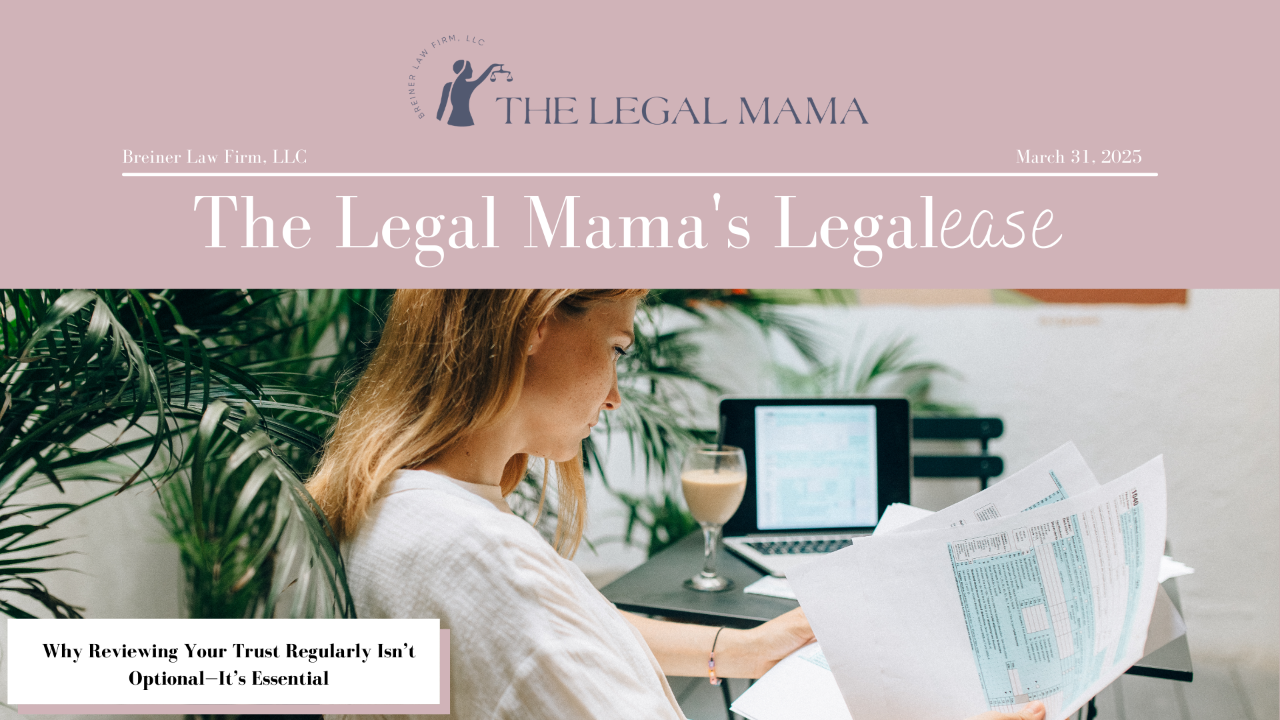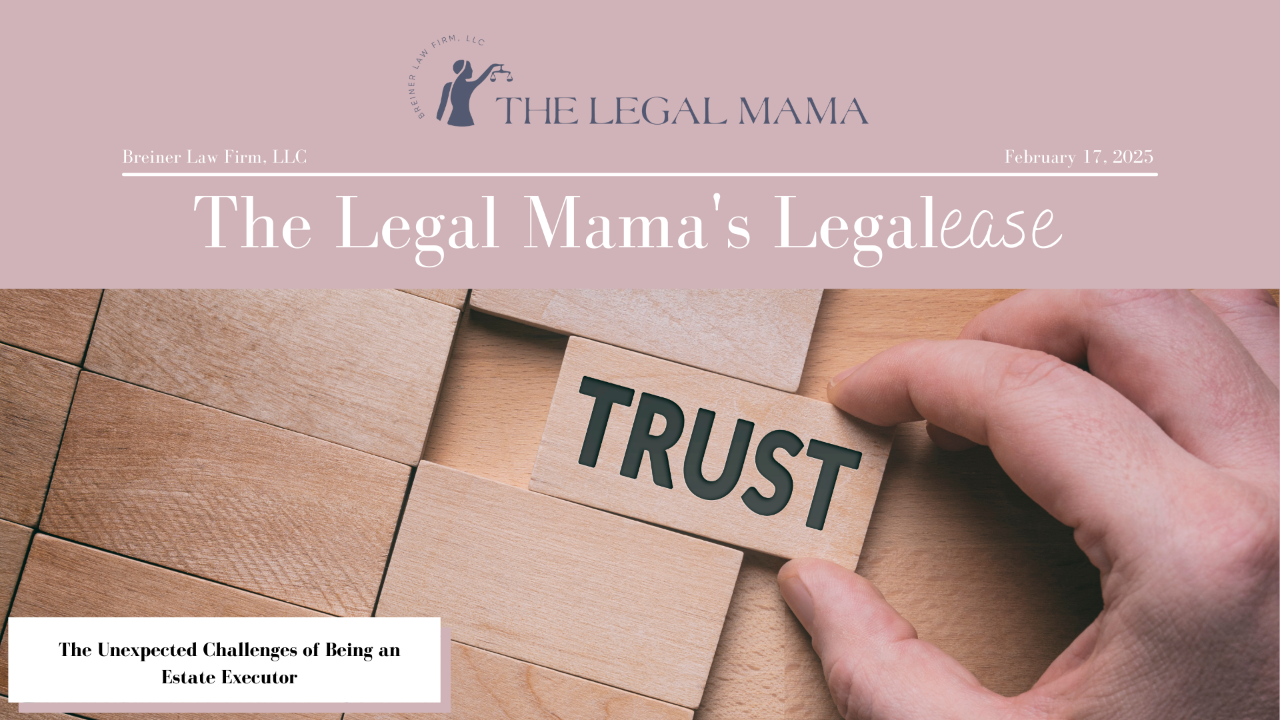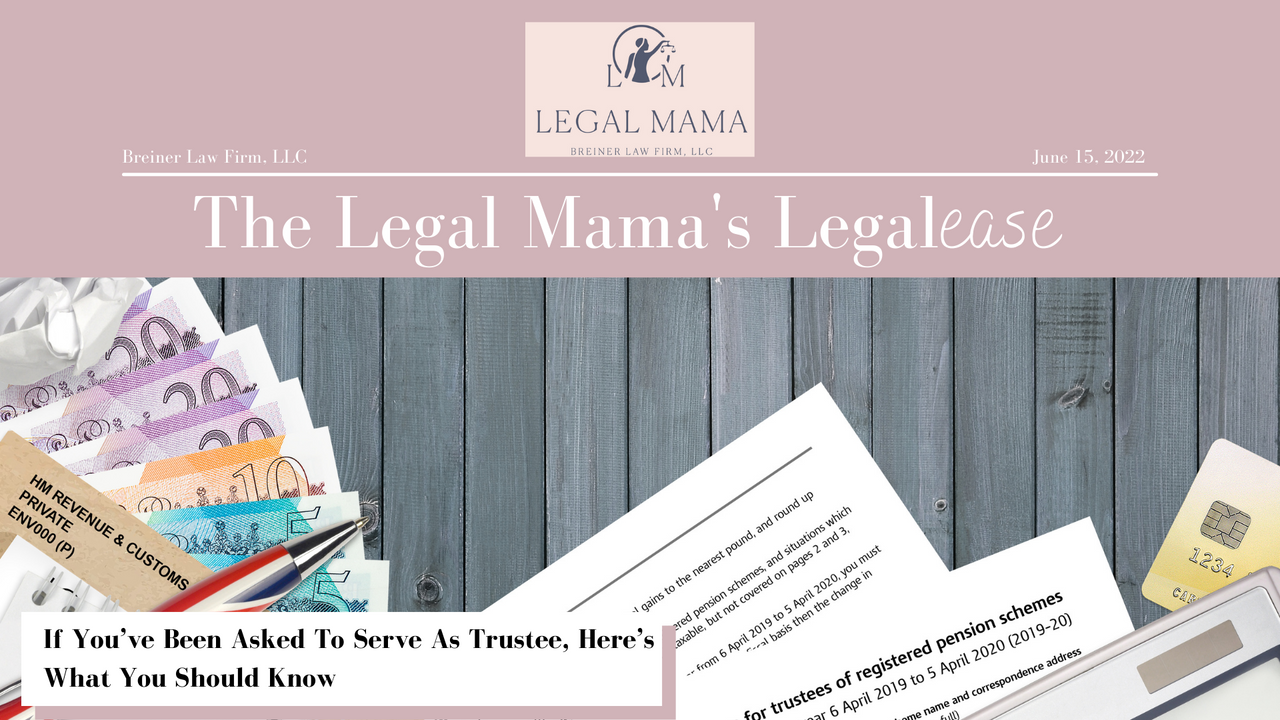What’s new in the blog?
..............
Probate: What It Is & How To Avoid It—Part 2
May 10, 2022
3 Estate Planning Issues For LGBTQ Couples—Part 2
Jan 26, 2022











